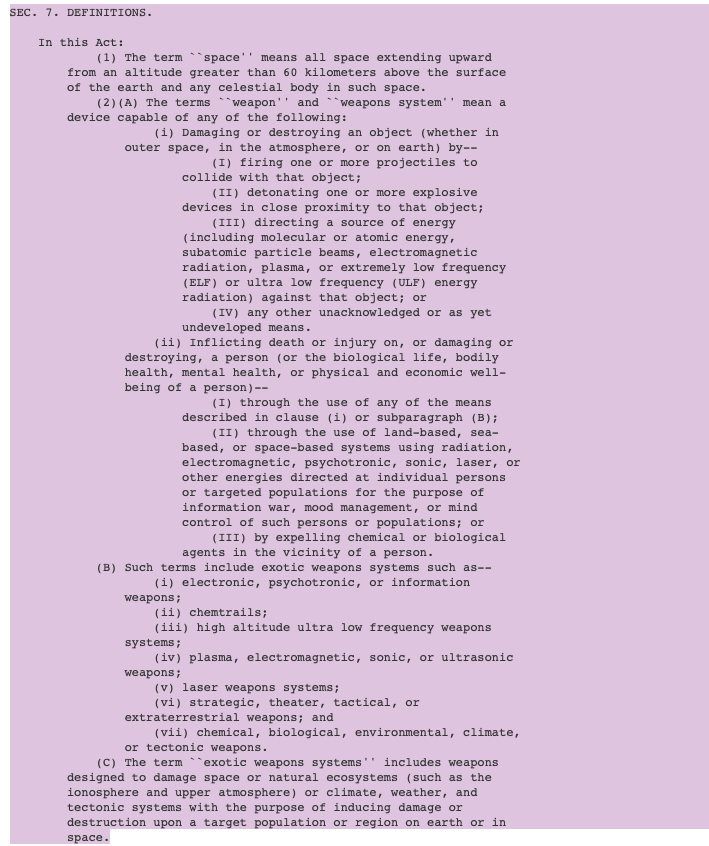Are made up of many thin layers of semiconductor. An injected electron makes a small energy transition as it moves from one layer to the next, emitting light on each cascade. Because the energy steps are small, quantum cascade lasers can produce long-wavelength mid-infrared or terahertz radiation.
Get the latest international news and world events from around the world.

These LED smart lights are tracking your moves
While more people and places are switching to energy-saving LED light bulbs, a California company has found a way to turn them into smart networks that can collect and feed data. However, the new technological opportunities are also raising privacy concerns, reports CBS News’ Bill Whitaker.
For example, should you find yourself in terminal “B” at Newark airport, look up. Those aren’t just new lights. They’re smart lights — a sophisticated array of LED fixtures with built-in sensors and cameras connected over a wireless network. They monitor security and the flow of foot traffic.
“Newark’s primarily interested in energy saving,” said Hugh Martin, president of Sensity, the Silicon Valley company that developed the smart lights at Newark and also a parking garage in San Jose.
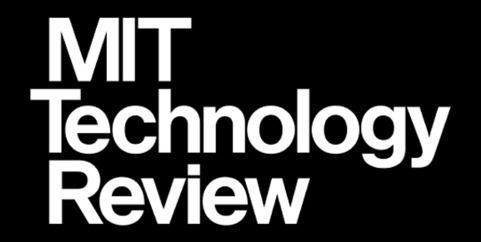
How Bacteria Could Generate Radio waves
I call them “BATS”.
Can bacteria generate radio waves?
On the face of it, this seems an unlikely proposition. Natural sources of radio waves include lightning, stars and pulsars while artificial sources include radar, mobile phones and computers. This is a diverse list. So it’s hard to see what these things might have in common with bacteria that could be responsible for making radio waves.
But today, Allan Widom at Northeastern University in Boston and a few pals, say they’ve worked out how it could be done.



Ex Vivo Optogenetic Dissection of Fear Circuits in Brain Slices
Optogenetic approaches are widely used to manipulate neural activity and assess the consequences for brain function. Here, a technique is outlined that upon in vivo expression of the optical activator Channelrhodopsin, allows for ex vivo analysis of synaptic properties of specific long range and local neural connections in fear-related circuits.
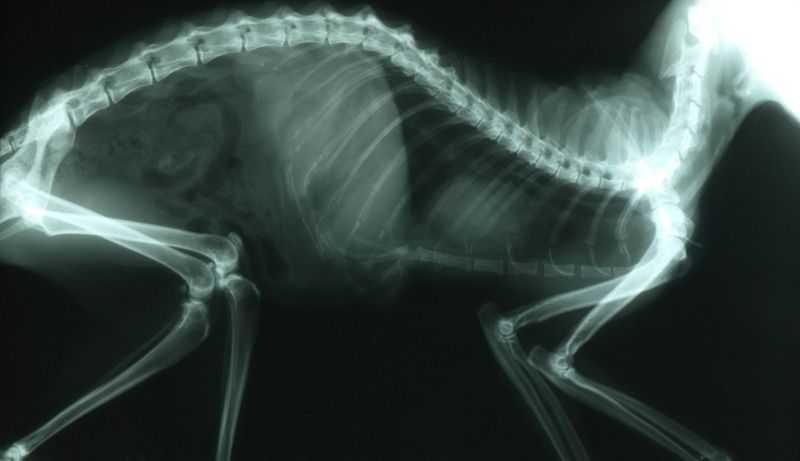
Blurring the Lines Between In Vivo Anatomical and Molecular Imaging
Scientist or not, we’re all familiar with X-ray imaging and perhaps its 3D cousin, computed tomography (CT), as well. These platforms are great for looking at bone and dense tissue—to see if there’s a fracture, or maybe a mass in the lung where it shouldn’t be—whereas molecular resonance imaging (MRI) and ultrasonography are the go-to modalities for interrogating softer tissue, like muscle. And for knowing what is happening in the body—as opposed to just where something is—nuclear tracer technologies like positron emission tomography (PET), and to a lesser extent its cousin single-photon emission computed tomography (SPECT), are the way to go.
These self-same modalities can be found in more diminutive instrumentation for pre-clinical imaging—often equipped with heated beds or chambers, anesthesia and oxygen supplies, and other modifications—specifically designed for small animals. If you also consider instruments capable of optical modalities of fluorescence, bioluminescence and their derivatives—which generally don’t easily translate to the clinic—you find yourself awash in possibilities for in vivo imaging.
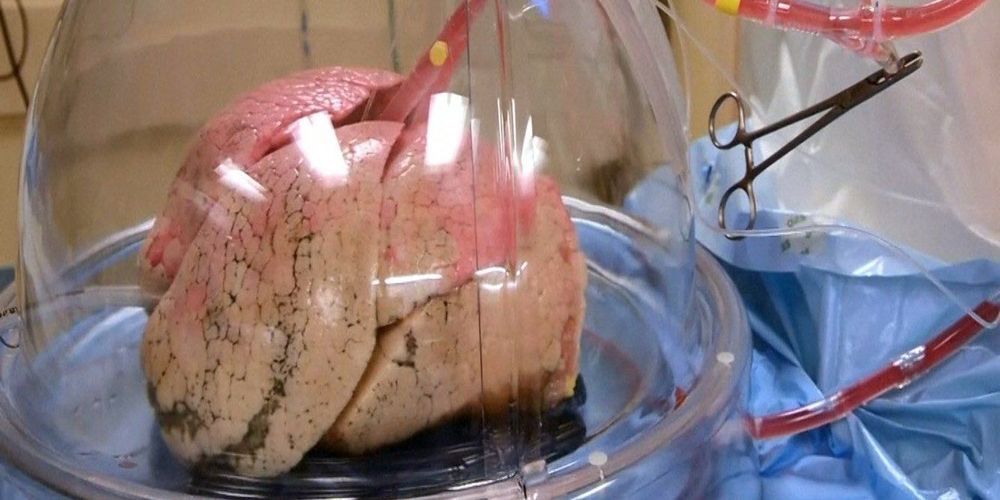
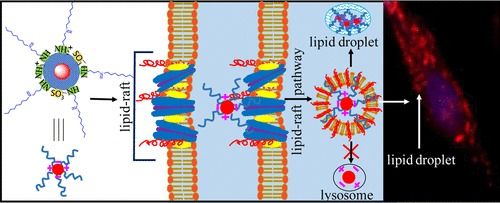
Quantum Dot-Based Designed Nanoprobe for Imaging Lipid Droplet
Nanoprobes were microscopic robotic devices used by the Borg for the primary purpose of assimilation, as well as to help maintenance and even repair their mechanical and biological components on a microscopic level. Injected into a target’s bloodstream via assimilation tubules, the nanoprobes immediately began to take over the host cells’ functions. Nanoprobes could also be modified for a variety of medical and technical tasks.
